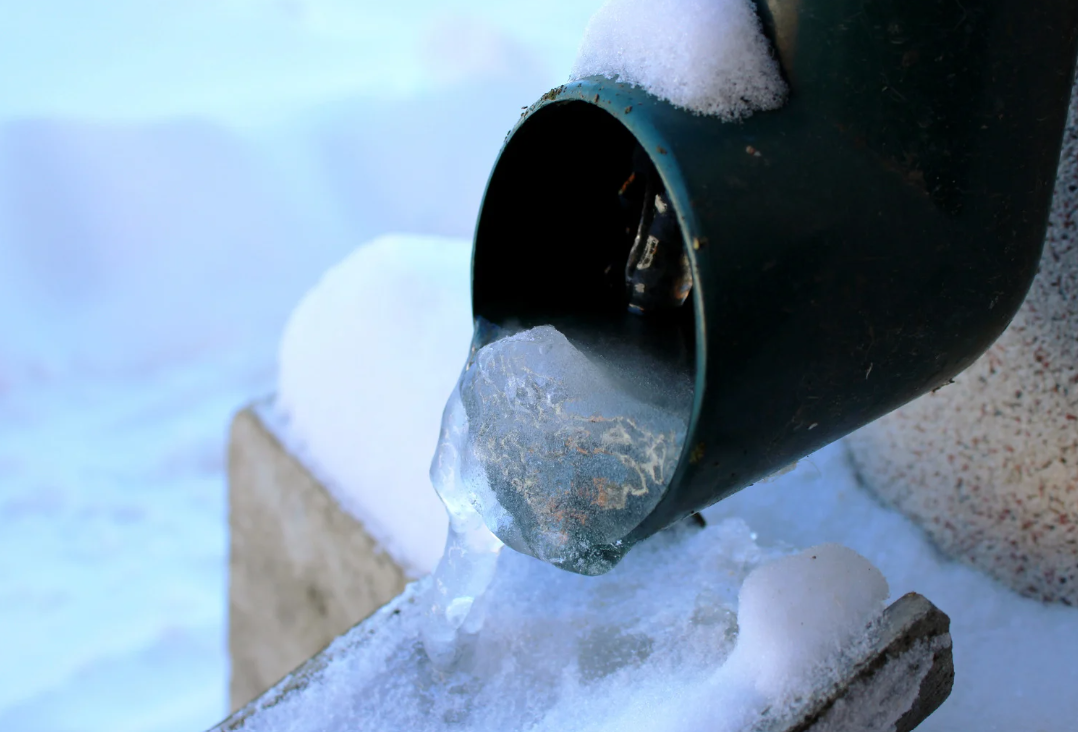How Can I Decrease My Homeowners Insurance Premium?

How Can I Decrease My Homeowners Insurance Premium?
Homeowners insurance is one of those recurring expenses that can feel like it only ever goes up. Between inflation, increased rebuilding costs, and natural disaster risks, many homeowners feel stuck watching their premiums steadily rise year after year. But is it possible for your homeowners insurance premiums to actually decrease? The short answer is: yes—but it depends on several factors.
When Premiums Might Go Down
Although rising premiums are common, there are circumstances where your homeowners insurance costs might actually decrease. Here are a few of the most common scenarios:
1. Home Improvements That Reduce Risk
If you make upgrades to your home that reduce the likelihood or severity of damage, insurers may reward you with lower premiums. These upgrades include:
- Installing a new roof
- Upgrading electrical, plumbing, or HVAC systems
- Adding storm shutters or impact-resistant windows
- Installing a security system or smoke detectors
Any improvement that minimizes the chance of a claim—or makes the home safer—can potentially lead to discounts.
2. Reduced Coverage or Deductible Changes
If you adjust your coverage (say, reduce the amount of personal property coverage or increase your deductible), your premium could drop. This should be done carefully, though—lower coverage can mean greater out-of-pocket costs if you ever have a claim.
3. Bundling Policies
Many insurers offer discounts if you bundle your homeowners policy with other coverage, like auto or life insurance. This is one of the easiest ways to see a premium reduction.
4. Improved Credit Score
In many states, your credit score is a factor in determining your homeowners insurance rate. If your credit improves significantly, it’s worth asking your insurer to re-evaluate your premium.
5. Claims-Free Discounts
Some insurers offer discounts for customers who haven’t filed any claims over a period of time (usually 3–5 years). If you’ve had a clean claims history, you may qualify for a lower premium.
6. Competitive Shopping
Premiums can vary widely between insurance providers. If your rates have crept up over time, it may be worth shopping around. Sometimes, just the act of comparing quotes and switching insurers can result in savings.
Why Premiums Usually Go Up
Even though there are ways to lower your premium, it’s important to understand why rates typically increase so that you won’t be surprised if your rates increase again after a decrease.
- Inflation: As labor and material costs go up, so does the cost to repair or rebuild your home.
- Increased Risk: Living in an area that becomes more prone to natural disasters (like hurricanes, wildfires, or floods) will likely result in higher premiums.
- Claims History: Filing one or more claims—even small ones—can increase your premium.
- Neighborhood Trends: If crime rates rise or the local cost of living increases, insurance rates can follow suit.
What You Can Do
If you're looking to lower your homeowners insurance premium, here are some proactive steps to take:
- Request a policy review annually. Ask your insurer if you qualify for any new discounts.
- Upgrade with risk-reducing improvements. Document and report these upgrades to your carrier.
- Increase your deductible or Decrease Coverage. This can lead to noticeable savings—just make sure you’re financially prepared for the higher out-of-pocket cost if there is a claim.
- Compare quotes every few years. Loyalty doesn’t always pay when it comes to insurance.
Final Thoughts
While premiums often go up, they can go down under the right circumstances. By being proactive, maintaining your property, and checking for discounts, you may be able to reduce your homeowners insurance costs. It’s not guaranteed—but with a little effort, you might just find some relief on your next renewal.
If you're struggling to get your homeowners insurance claim paid fairly—or if your insurer has denied, delayed, or underpaid your claim—our law firm is here to help. At Averill & Reaney, we specialize in advocating for policyholders and holding insurance companies accountable. Our experienced attorneys understand the fine print and know how to navigate the complex claims process to get you the compensation you deserve. Don’t settle for less than what your policy promises—contact us today for a free consultation and let us fight for your rights.
Related Posts
Your Trusted Advisors in Property Damage, Personal Injury, and Estate Planning.
Contact Now
We’re here to help you. Fill out the form below to schedule a consultation and one of our team members will get back to you promptly.


